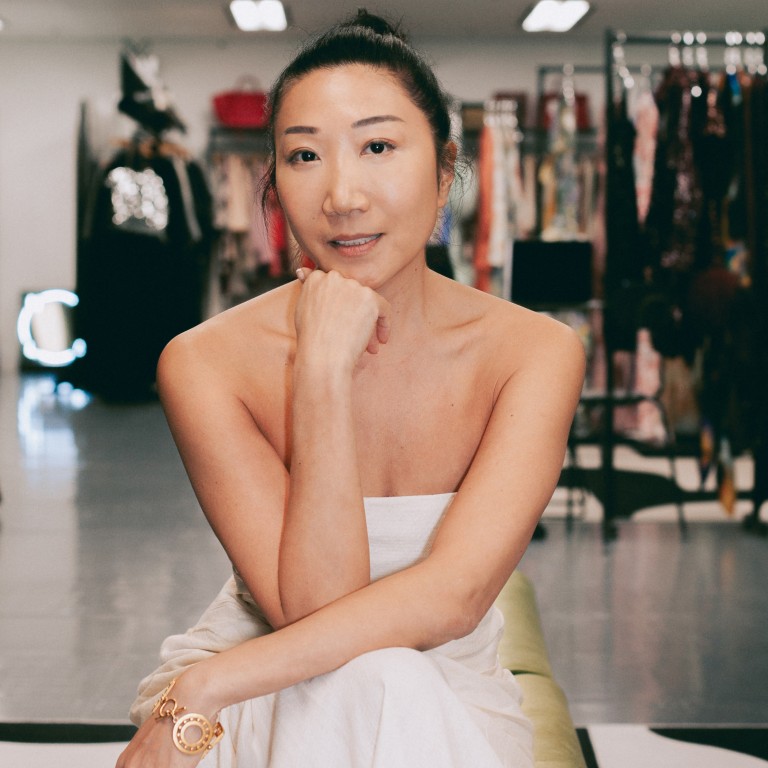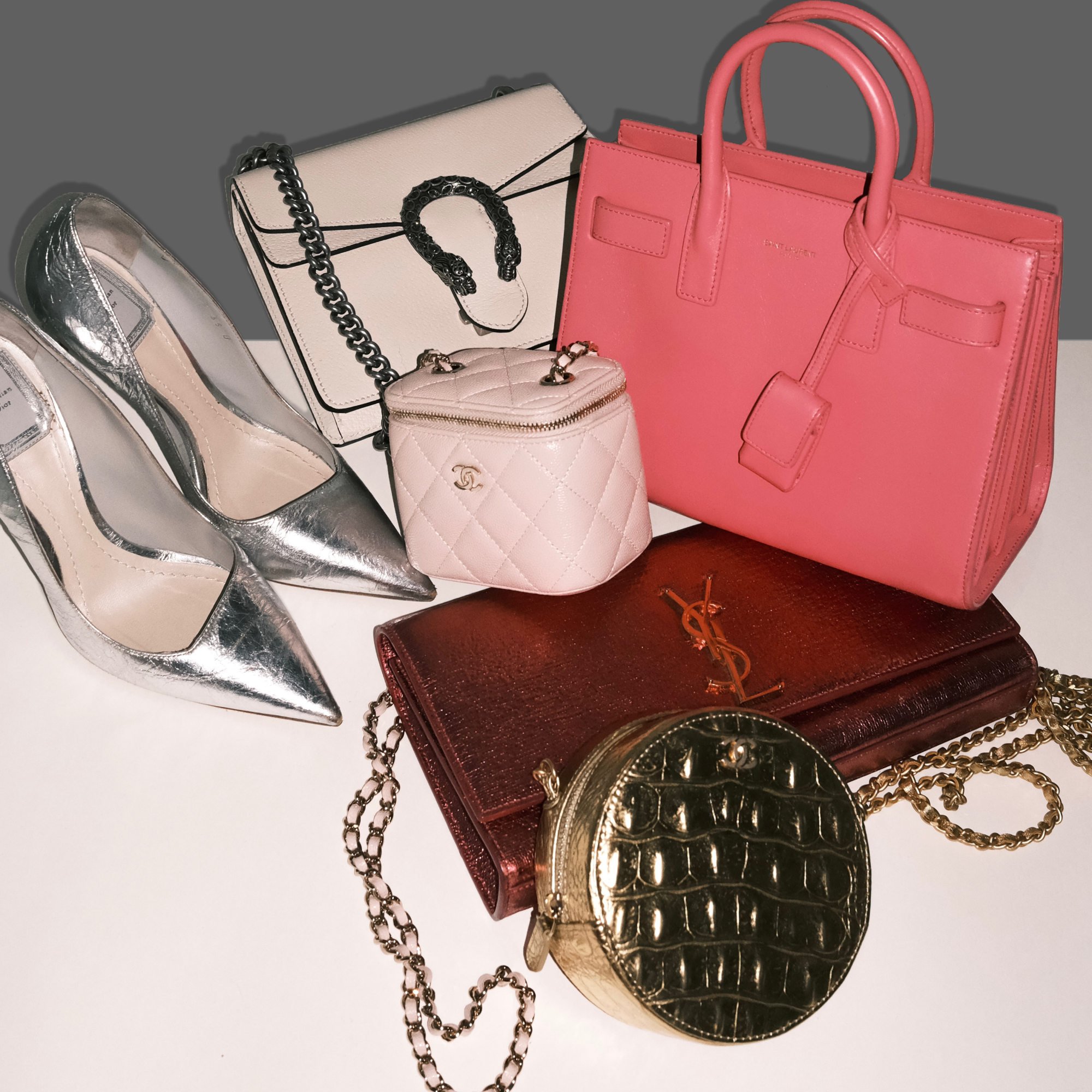Why Sarah Fung launched Hula, her preloved luxury store in Hong Kong – disenchanted with all the waste in fashion, she started an online marketplace and later added physical showrooms too

The gist of that warts-and-all description comes from Hula’s founder, Sarah Fung, remembering the struggles of running the company when it first launched in 2017.

An early entrepreneur whose first post-uni gig was running her own lingerie brand in the UK, Fung was coming off a nine-year stint at luxury retailer Lane Crawford, through the heyday of fast fashion. “Suddenly it got on my nerves – the cycle of fashion,” she says. “I’d studied at Central St Martins and ran my own brand, so I always knew how to make things, and when you have the knowledge of where things come from, you respect them a bit more.”
10 Asian stars rocking Barbiecore in 2023: from HK’s Grace Chan to Blackpink
“We thought, if you can get bad luck from wearing someone’s clothes, then surely you can get good luck. So we featured some influencers selling some of their wardrobe with the connotation of, actually you can get lucky, because when you buy pre-owned and you pick up that piece that fits you and was a really good price and no one else has it – don’t you feel lucky? That’s a really great feeling and you don’t get that so much when you go to a shopping mall.”
Turning around generations of negative associations was not a one-man or one-brand job and alongside that necessary recalibration was another: the need to counter the constant consumption that so irked Fung.

Hong Kong heiress Emily Lam-Ho’s fabulous life, from fashion to friends
“We doubled in size. I think people had time to reflect and slow down and educate themselves. When the pandemic hit, it dipped a little because people were nervous about germs, but then Swire [which owns Taikoo Place] wanted us in here. We did [a pop-up at] Rosewood last year that would never have happened five years ago.”
Today, as before, sellers are serviced through a concierge, who not only arranges item collection, but often organises cleaning or mending – with Hula usually bearing the cost – in the interest of extending the life of items.
“I’ve always come from a place where you mend or try to salvage things. Even now, we’ll find an item is stained, say that we’ll dry-clean it and take it off your bill, but do we ever take it off?” Fung laughs and shrugs, making it clear this business is customer first, profits second to her.
Is British-Indian model Neelam Gill dating Leonardo DiCaprio?
“We do talk about sustainability, but it’s not the first and foremost thing, and though I think we should talk about it more, people are still interested in style. At first I was talking about sustainability, and nobody really got it.”
To that end, Hula has launched & Co, a rotation of new and sustainable brand pop-ups, tied in with chic community events that get bodies in the room. The showroom is even available for private rental for, say, hen parties, or wellness events, should the urge strike. The idea, ultimately, is to get people having fun with fashion.
Why Kering is buying a chunk of Valentino as its Gucci sales slow

All of this is just icing on the cake for Fung. “When I started Hula I honestly did it because I don’t like waste. The second thing was sustainability, but this is so important to me now. I’ll get out of bed because there’s a cause, you know? That’s really useful for anyone starting a business to have a cause, because it’s good to know that you’re doing something that helps the planet.”

- After studying at Central St Martins, Fung had her own lingerie brand in the UK, then spent 9 years at luxury retailer Lane Crawford before getting irritated with the wastefulness of fashion
- The preloved fashion boutique, which sells brands like Chanel, Mugler, Celine and Pleats Please Issey Miyake, did a pop-up at Rosewood, and has a showroom in Quarry Bay’s Taikoo Place